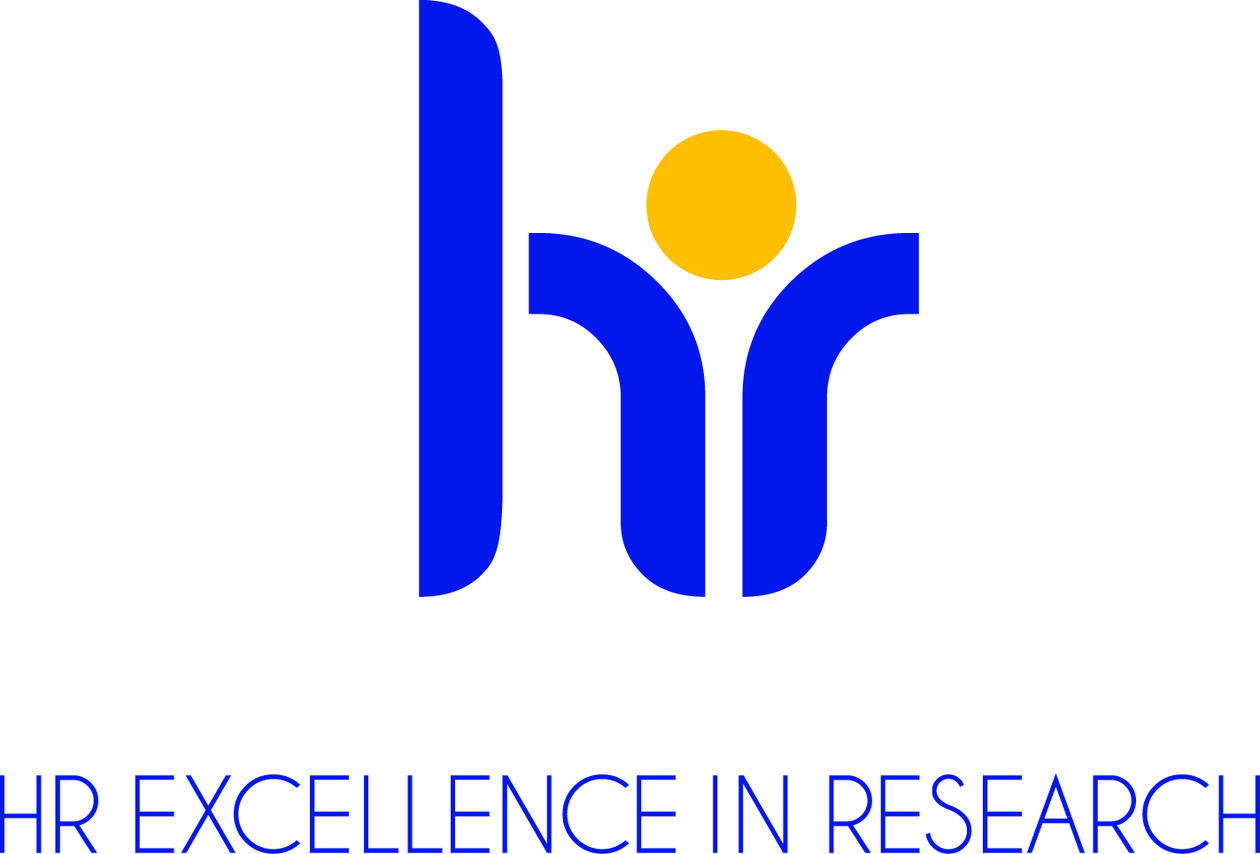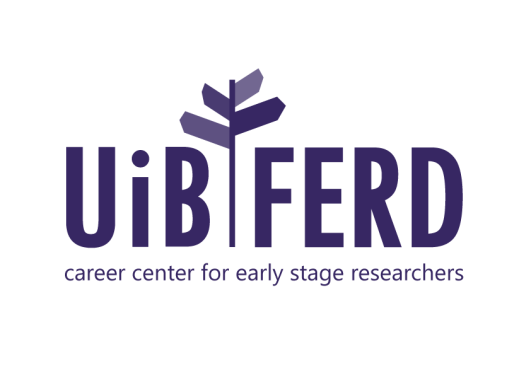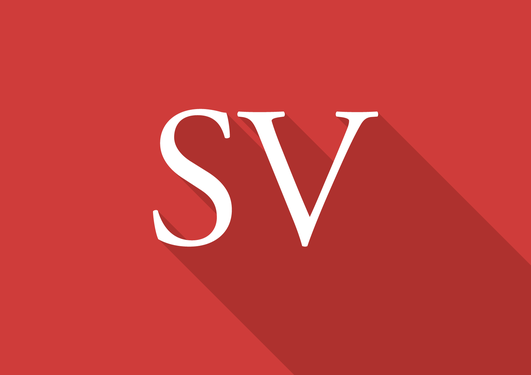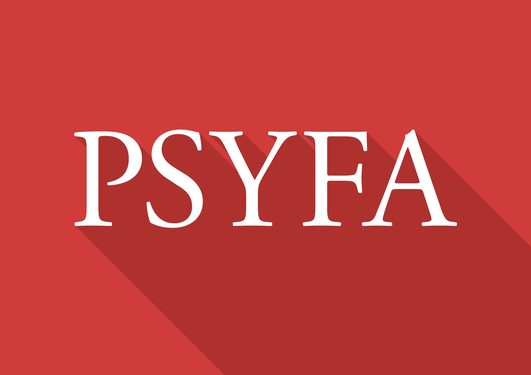The application process
In order for the University of Bergen to achieve its goal to be among Europe's leading universities, internationally recognized for its high quality in research and education, we must recruit qualified and motivated employees. UiB work to ensure a practice of recruitment characterized by quality, long-term perspectives, equality, and diversity (from the UiB Strategy 2023 - 2030). A key element is to ensure that everyone who applies for a position at UiB is given information about what to expect in the application process.
Main content
Application process for technical-administrative positions
Technical-administrative positions must support UiB's social mission as a teaching and research institution in the best possible way. UiB needs expertise within a wide range of work areas.
Examples of technical work areas: research technician, chief engineer, laboratory staff, IT engineers, construction and more.
Examples of administrative work areas: finance, communication, study administration and HR.
The application process for technical-administrative positions
- Apply for the position
- First interview
- Possible second interview
- Appointment
If you are invited to an interview, it may be desirable that you complete an assignment or test in connection with this.
Scientific positions
These are higher academic positions such as university lecturer, associate professor, senior lecturer, professor and docent. The application process for scientific positions often involves several assessments, by both an external expert committee and an internal recruitment group.
- Rules for assessment of educational competence at UiB. (In Norwegian only)
Basic pedagogical education is a requirement to qualify for the position of associate professor. If the requirement is not met upon appointment, the employee will be offered training. The applicant should have teaching experience within the subject area of the position.
The application process for scientific positions
- Apply for the position
- Scientific Assessment
- Trial teaching and interview
- Setting
- Appointment
Application process for professor and associate professor positions
Application
A good application must be complete, clear and orderly. In the application, the assessment committee must be able to find answers to all its questions.
Applications must be submitted electronically via www.jobbnorge.no. The application must contain all information that must be taken into account when assessing your professional qualifications:
- Resume
- Diploma
- Certificates
- Complete list of publications
- List of attachments documenting your educational qualifications
- List of scientific works that you want to be taken into account in the assessment, with information on where they have been published
The application and attachments must be translated into English or a Scandinavian language. Diplomas and certificates must be attested.
On the basis of this information, the expert committee will carry out a review of the applicants. The faculty will then invite the best qualified applicants to submit scientific works and diplomas/certificates.
Curriculum Vitae
You should organize your CV in clear chapters: personal information, education, work experience, scientific activity, research supervision, teaching experience, popular scientific activity, administrative experience, and a brief presentation of the scientific production. Surnames should be written in the upper left-hand corner of all pages, which are also paginated.
Scientific work and list of these
A list of your scientific works must be entered chronologically with an overview of page numbers and possible co-authors. The division is made into the following categories:
- Degree theses, monographs
- Publications in peer-reviewed scientific journals
- Published book works/book chapters
- Publications in professional journals without refereeing
- Published overviews (overview articles, summaries, extracts, etc.) F. Research reports in e.g. internal report series
- Published popular science presentations, unpublished teaching compendiums and reports
- Representations of other people's work (assessments, reviews, assessment of settings, etc.)
- Other written production
Assessment criteria
When assessing the applicants, particular emphasis is placed on the following qualifications:
- Scientific qualifications
- Educational competence
- Administrative experience
In the overall assessment, the main emphasis must be placed on scientific qualifications as an unconditional requirement. The applicants' educational competence must also be mentioned and assessed. The fact that an applicant has particularly high competence in teaching or administrative work does not, however, entail reduced requirements for scientific competence. In the ranking of applicants who are approximately equal with regard to scientific activity, the other qualifications are decisive.
Applicants must not be ranked based on whether they meet requirements for educational competence, but when an advertisement contains special requirements, an applicant with high teaching experience must be ranked ahead of an applicant with marginal experience under otherwise equal conditions.
When assessing the scope of the scientific production, account will be taken of documented parental and carer's leave if this appears in the application.
Scientific qualifications
The applicant must clearly mark the scientific works (up to 10) considered most important in the production and attach a separate list. The assessment committee has the opportunity to concentrate on a particularly thorough assessment of these selected works.
Doctoral thesis is seen in this context as one scientific work, even if it consists of several connected works.
It will facilitate the assessment committee's work if the applicant gives a brief presentation of their scientific career and activity, with particular emphasis on the selected works. The presentation is limited to 2 pages.
Own research
To qualify for an intermediate position, the applicant must present their own scientific work of good quality. The work must contain independent contributions to the subject in question. The work should have been published, preferably in peer-reviewed journals, at a peer-reviewed publishing house or in graded monographs - or clearly be of such a quality that they qualify for such publication and distribution.
Sole authorship or first authorship generally counts more than secondary authorship. The applicant must therefore state his/her efforts in any joint work or refer to a contact person who knows the works and the applicant, and whom the expert committee can contact.
The expert committee will also emphasize the ability to develop and carry out research projects, collaboration in groups, preferably across academic divisions, and the ability to create contact in the international research environment.
Popular scientific activity
Documented and good popular science will be meritorious. Popular science activities are documented by lectures held or published work.
Educational competence
Educational expertise is required (In Norwegian). The applicant can acquire such skills after employment has taken place. Educational competence must be documented through an educational portfolio. This must contain an overview of practical experience and competence, documentation of this and a brief reflection note. You can find a template for completing practical experience and competence here (In Norwegian).
The assessment committee will assess based on the following checklist:
A. Pedagogical basic education
Courses in university pedagogy, practical pedagogical education, university education in pedagogy or related subjects, teacher's test, continuing education courses.
Documentation: diploma, course certificate.
B. Reflection note
The note must primarily be linked to one's own teaching philosophy and assessment of one's own teaching in terms of knowledge about students' learning in higher education
C. Evaluation reports
Documentation: Reports on study and teaching evaluation that include the applicant's teaching. Both the procedures and the results should be discussed and evaluated.
D. Teaching, guidance and examination work
Teaching methods: lectures, seminars, demonstrations, exercises, distance learning, etc.
Guidance: master's/major theses, research training, etc.
Participation in examinations and other forms of assessment of students, censorship.
E. Own educational publications, compendiums and teaching materials
Documentation: If this material is extensive, only a representative sample is attached to the application. The rest can be mentioned in an overview list.
F. Research and development work
Reports showing participation in projects related to the development of teaching, such as alternative forms of teaching, guidance or learning environments. Documentation:
Plans, reports, certificates, etc.
Administrative experience
Administrative experience can be participation in councils, committees, committees that work within research and education issues at department/faculty level, possibly university level, research policy involvement, international level, administration of major multinational research agreements, administration of research projects, etc.
The application process
Your application must be assessed by an assessment committee consisting of at least three academic staff with associate professor or professor competence within the position's subject area. Two of the committee members must be external, and both genders must, if possible, be represented.
The expert assessment must normally be available within three months after the committee has received all documents. The assessment is sent in its entirety to the applicants. Applicants do not have the opportunity to appeal the expert assessment, but are given the right to comment on the assessment by making comments.
The group of applicants who are invited to submit scientific works are given a thorough review in terms of education, scientific qualifications and practice. The committee then provides an overall, comparative assessment of the best qualified applicants and ranks them.
The expert assessment forms the basis for further processing in the faculty's nomination and employment bodies.
The head of the department at the current department has the recommendation authority for employment in scientific positions. The head of department must identify the applicant who, based on an overall assessment, is best qualified for the position, rank relevant candidates and submit a proposal for a decision to the hiring body. The appointing authority is also responsible for interviews, obtaining references, assessing the applicants' personal suitability and deciding whether trial lectures should be held.
If the position is advertised with a moderate gender quota, the appointing authority will decide whether this rule will be applied.
You can calculate that it will take between 6-10 months from the application deadline until any employment is made. All applicants will be notified at the provided e-mail address of the outcome of the process when the shortlisted candidate has accepted the position.
Temporary scientific positions
These are positions such as research fellow, postdoctoral fellow and researcher, positions with a temporary employment period. Scholarship holders/PhD positions are advertised as internally funded at UIB or externally funded projects, and the employment period is 3–4 years, depending on whether the position contains teaching and supervision tasks. A research fellow position is a doctoral education with independent research tasks, which should lead to a doctorate.
For admission to a PhD programme, you must normally have a five-year master's degree. Funding for the PhD course is also necessary. You must write the plan for the PhD education in the form of a project description. The rest of the requirements vary between faculty, subject area and the research fellow position to be filled.
Postdoctoral position is a scientific position for a person with a doctorate who wants to qualify for work in top scientific positions. The appointment is for a term of 3–4 years to carry out an approved research project.
If you have an education from a foreign university, additional documentation is required for the application. The University of Bergen follows NOKUT's guidelines in the GSU list for approval of foreign education.
The application process for temporary scientific positions
- Apply for the position
- The application is assessed by the professional committee
- Interview
- Possible prior approval for admission to PhD programme
- Appointment







